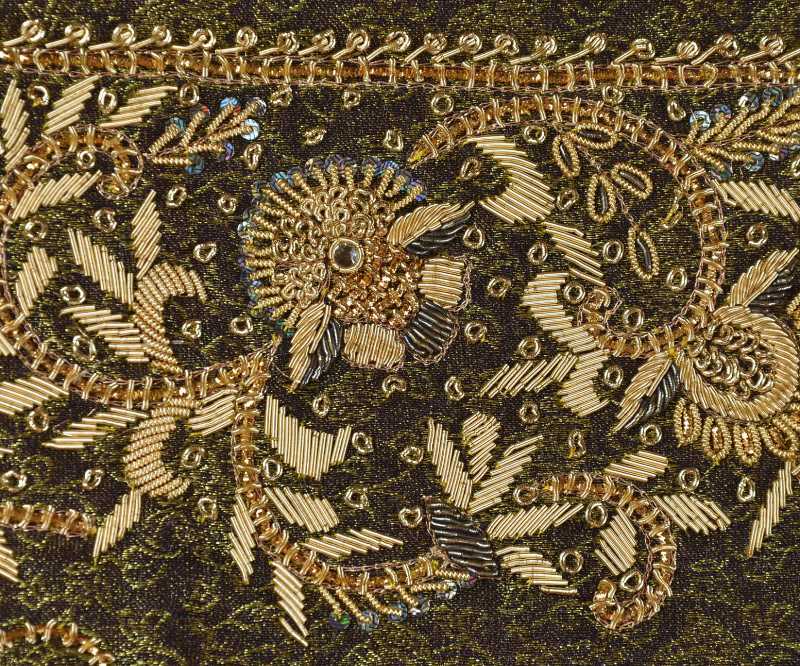===
0292,
1
===

=== |
 |
duʿā : 'Prayer, supplication (to God); an invocation of good, a blessing, benediction; wish; congratulation, salutation'. (Platts p.518)
( kī ) duʿā karnā : 'To pray (for); to wish (for), desire'. (Platts p.518)
FWP:
SETS
MOTIFS
NAMES == MESSENGER
TERMSIn the first line, the lover is providing instructions for the Messenger as to what he should say when/if the beloved asks 'What does he do?' That almost sounds like an occupational inquiry (with us, the answer would be about someone's profession). Here, the answer must describe the lover's habitual, normal, daily activity. (Of course this slightly unusual exchange is shaped by the requirements of the refrain).
No doubt the second line is a bit cryptic, but that's the largest part of its fascination. For in it, the ko (instead of kī ) makes it clear that the lover does not 'pray for' those three things, in the sense of seeking to have them. Rather, he offers to them some kind of blessing/prayer for their welfare. SRF reads these three as specifically differentiated: the beloved's life, the lover's own faith, love in general-- which of course works perfectly well.
But how about other possibilities? How about the lover as madly happy, crazed with mystical joy, invoking blessings on the 'life, faith, love' that make his doomed passion possible?
Above all, to me the second line sounds valedictory, as when someone about to depart (on a long journey, or on the longest journey of death) bestows farewell blessings on everything he's leaving behind: 'life, faith, love'.